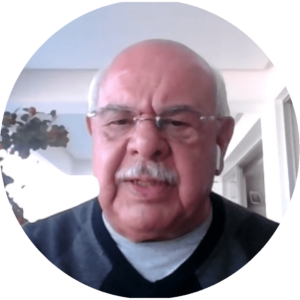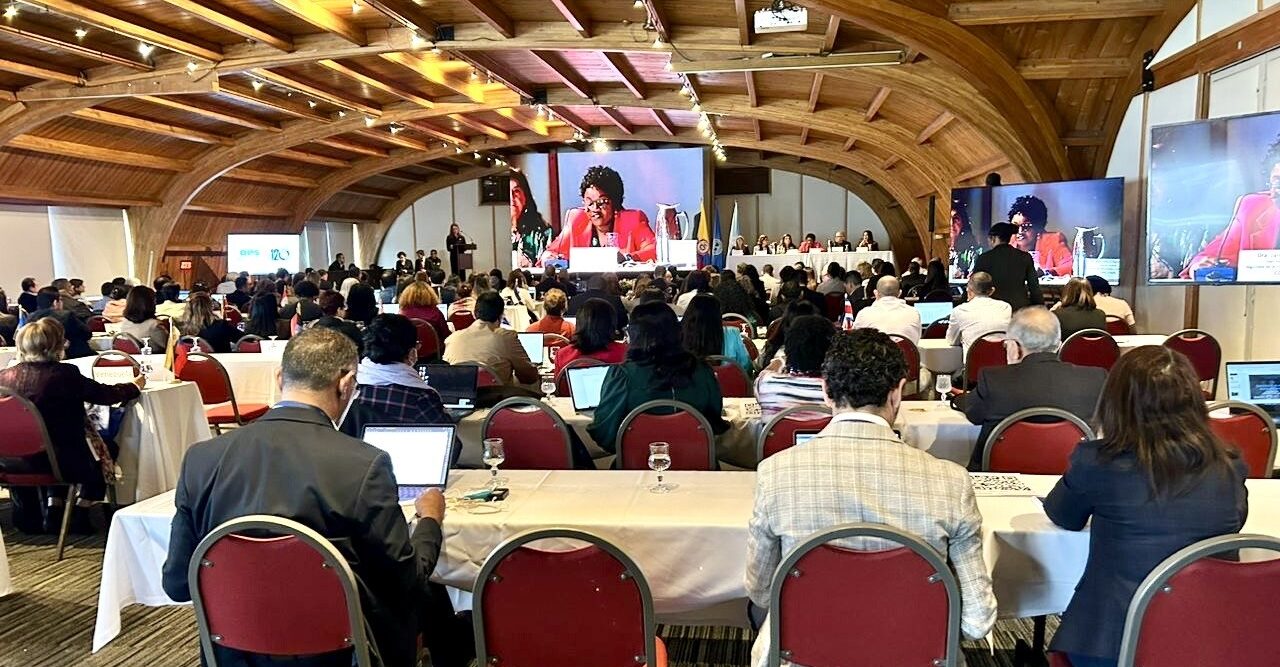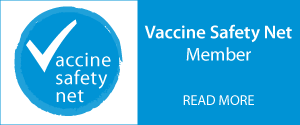The World Health Organization (WHO) has reported a ten-fold increase in dengue cases over the past twenty years. Today, nearly 4 billion people are at risk of dengue infection. The WHO has licensed two vaccines for dengue—Dengvaxia, developed by Sanofi Pasteur, and Qdenga, developed by Takeda. Both have been shown to be effective in preventing types one and two of four total types of dengue virus.

Brighton Collaboration Science Board member, Dr. Alejandro Cravioto, is supporting the Pan-American Advisory Committee on Vaccine Safety (PACVAS) to help countries’ national advisory groups make informed decisions about the safety of vaccines they are interested in incorporating into their immunization programs. Dr. Cravioto shares that the safety of the new dengue vaccines has been established. “These vaccines have the potential not just to curb outbreaks, but actually to prevent the cases of dengue from happening,” he says.
The Pan American Health Organization (PAHO) first set up the PACVAS to analyze data on COVID-19 vaccines. The advisory committee, of which Dr. Cravioto is an original member, developed a system of recording and analyzing adverse events following immunization (AEFI) for the various COVID-19 vaccines. “Most countries in Latin America were using up to seven different COVID-19 vaccines,” says Dr. Cravioto. So we had a more complicated job identifying severe adverse events associated with the various vaccines than other countries which used fewer products.”
As COVID-19 vaccines were introduced to the public, the PACVAS applied Brighton Collaboration Case Definitions to adverse events of special interest (AESI). “This collaboration is so important because Brighton provides a very defined definition and prevents us from using randomly selected case definitions,” says Dr. Cravioto. “It shows us, ‘This is what we call an adverse event, this is how we studied it, and this how we report it.’”
In 2023, the advisory committee met in Bogotá, Colombia to present the system and processes they used to monitor COVID-19 vaccine safety to national technical advisory groups. They demonstrated how similar processes could be used to monitor the safety of other vaccines—those already used in national immunization programs, as well as future vaccines once approved for use, such as the new Takeda dengue vaccine. The PACVAS continues its work to assess the safety of vaccines. To date, Brazil and Argentina have introduced the Takeda dengue vaccine. The PACVAS analyzes clinical trial data and the initial safety signals following licensure to continuously assess the vaccine’s safety.

In addition to familiarity with Brighton Case Definitions, Dr. Cravioto brings international experience to the advisory committee. Following his career in research, private practice, and as a two-term Dean of the National Autonomous University of Mexico Medical School (UNAM), his work took him to Dhaka, Bangladesh, where he was Executive Director of the International Centre for Diarrhoeal Disease Research for seven years. He reflects that this experience impacted his perspective on global immunization efforts. “One of the benefits of being in Bangladesh was that the Centre had a massive amount of international work that allowed me to see not just the problems in Bangladesh but also a better regional perspective,” he says. “We then worked with African countries that had similar issues, which helped me to gain a more international approach to common problems”.
Since his time in Bangladesh, Dr. Cravioto has served as Chief Scientific Officer at the International Vaccine Institute in Seoul, South Korea. He has also served as the chair of the WHO Strategic Advisory Group of Experts on Immunization (SAGE), which advises the director general of the WHO on vaccine policy, and as a member of Mexico’s National Technical Advisory Group on Vaccines and Technical Advisory Group for COVID-19 vaccines. In addition to the Pan-American Advisory Committee on Vaccine Safety, he currently contributes his expertise to the WHO Product Development for Vaccines Advisory Committee (PDVAC), which provides external advice on the vaccine pipeline to WHO’s Department on Immunization, Vaccines and Biologicals, the WHO Technical Advisory Group on Salmonella Vaccines, and the Gavi Vaccine Investment Strategy 2024 Steering Committee.



